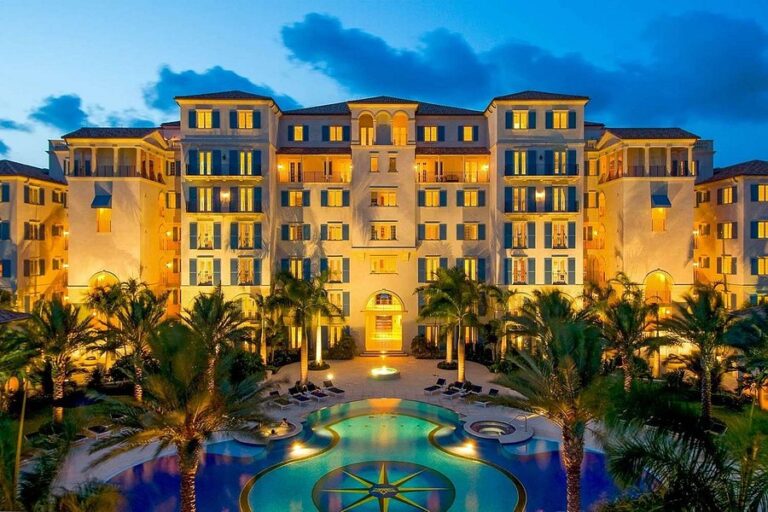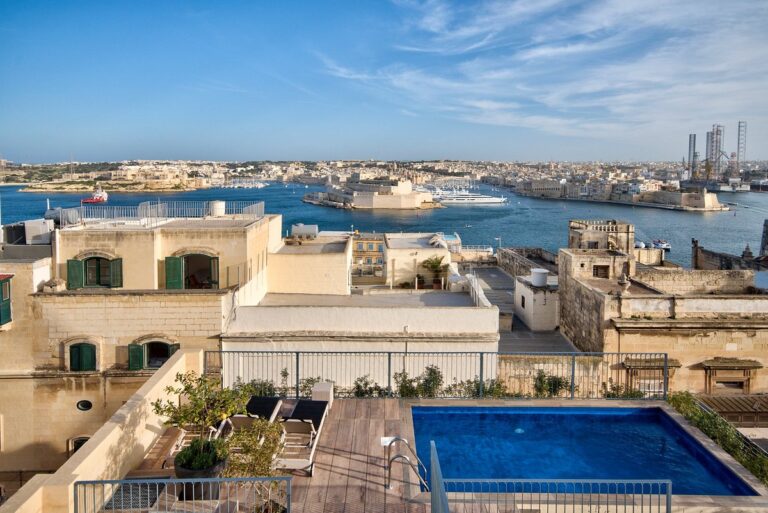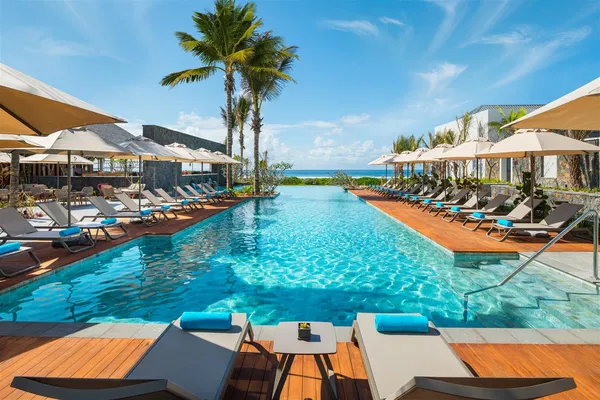Port Elizabeth, now officially Gqeberha, is South Africa’s “Friendly City” on the Eastern Cape coast, famed for its pristine beaches, rich wildlife, and vibrant culture.
This guide covers everything you need to know—from top attractions like Addo Elephant National Park and the Route 67 Art Trail to practical tips on where to stay, how to get around, safety advice, budgeting, and the best time to visit.
I share personal insights and emergency contacts to ensure your trip is seamless and unforgettable.
Why Visit Port Elizabeth? A Local’s Perspective
As someone who’s explored Port Elizabeth extensively, I can confidently say it’s a destination where the ocean breeze meets African heritage in a way few places can match. Known as the “Windy City” and “Friendly City,” PE offers a subtropical climate with mild winters and warm summers—perfect for year-round travel. The city’s 40 km stretch of coastline along Nelson Mandela Bay boasts award-winning Blue Flag beaches like Humewood and Kings Beach, ideal for surfing, swimming, or simply soaking up the sun.
Beyond the beaches, the city’s vibrant culture shines through in the Route 67 Art Trail, a stunning collection of 67 artworks celebrating Nelson Mandela’s public life, and the Donkin Reserve, where history and panoramic views converge. Wildlife lovers will find a paradise nearby at Addo Elephant National Park, home to Africa’s densest elephant population and the Big Five. For me, the blend of coastal beauty, wildlife, and rich culture makes Port Elizabeth a uniquely rewarding destination.
Top Things to See and Do in Port Elizabeth
Addo Elephant National Park Safari
Just a 45-minute drive from the city center, Addo Elephant Park is a must-visit for wildlife enthusiasts. It shelters over 600 elephants, lions, rhinos, and more. I recommend booking a guided safari to get the most out of your visit and spot elusive animals safely. The park offers day trips and overnight stays, with options for self-drive or guided tours.
Explore the Route 67 Art Trail
This open-air art gallery features 67 artworks representing each year of Nelson Mandela’s public life. Walking the trail offers a deep dive into South Africa’s history and culture, with sculptures, murals, and mosaics scattered throughout the city center. It’s a personal favorite for combining exercise with education.
Relax at Blue Flag Beaches
Humewood, Kings, and Hobie Beaches are internationally recognized for cleanliness and safety. Whether you’re into surfing, paddleboarding, or just lounging, these beaches deliver. Be mindful of occasional strong currents; always swim near lifeguards.
Visit Donkin Reserve & Lighthouse
This historic site offers stunning views over the city and bay, with a pyramid monument and a lighthouse that’s perfect for photography enthusiasts. It’s a peaceful spot to reflect and enjoy the city’s heritage.
Whale and Dolphin Watching
Algoa Bay is a hotspot for marine life. From June to November, you can witness the majestic migration of southern right whales. Dolphins are visible year-round. Booking a boat tour is the best way to experience this unforgettable spectacle.
Discover Local Culture at Sukume Museum & Xhosa Cultural Centre
Dive into the rich Xhosa heritage and South African history through exhibits, traditional crafts, and performances. This cultural immersion is essential for understanding the region’s roots and diversity.
Where to Stay in Port Elizabeth: Recommendations & Budget Tips
Accommodation in Port Elizabeth ranges from luxury beachfront hotels to cozy guesthouses and budget-friendly hostels. For a comfortable mid-range option, I recommend staying near the beachfront in Humewood or Summerstrand, where you’re close to the ocean and main attractions.
Budget travelers can find excellent hostels and B&Bs in the city center, offering easy access to the Route 67 trail and local eateries. Prices typically range as follows:
R1,500 – R3,000+ per night
Examples: The Boardwalk Hotel, Radisson Blu
R700 – R1,500 per night
Examples: Summerstrand Guesthouse, The Beach Hotel
R200 – R700 per night
Examples: Hostels and B&Bs in Central PE
Booking in advance is essential during peak seasons (December to February and July school holidays). For the best deals, consider traveling in shoulder seasons (September-November, March-May).
How to Get Around Port Elizabeth: Transport Options & Tips
Getting around Port Elizabeth is straightforward. The city is compact, making walking feasible in central areas. For longer distances, here are your options:
- Car Hire: Renting a car is ideal for exploring surrounding attractions like Addo Elephant Park and the beaches. Local agencies offer competitive rates starting around R300/day.
- Taxi & Ride-Sharing: Metered taxis are scarce, but Uber and Bolt operate reliably in the city.
- Baz Bus: A safe, budget-friendly hop-on-hop-off bus service connecting Port Elizabeth with other Eastern Cape destinations. It’s perfect for backpackers and solo travelers.
- Public Transport: Minibus taxis are common but can be confusing for tourists; use with caution.
I personally recommend a mix of walking in the city center and renting a car for day trips to maximize your experience.
When to Visit Port Elizabeth: Best Seasons & Weather Insights
The best time to visit Port Elizabeth is during the shoulder seasons of September to November and March to May. During these months, the weather is pleasantly mild (22-28°C), perfect for outdoor activities without the summer crowds.
Summer (December to February) is warm (27-30°C) and great for beach lovers but expect higher prices and busier spots. Winter (June to August) is cooler (20-22°C) and ideal for whale watching and cultural events.
How to Get to Port Elizabeth: Travel Routes & Airport Info
Port Elizabeth International Airport (PLZ) connects the city with major South African hubs like Johannesburg, Cape Town, and Durban. Direct international flights are limited, so most visitors transit through these cities.
Overland travelers can use Baz Bus or rent a car to reach Port Elizabeth via the N2 highway, enjoying scenic stops en route. The city’s harbor also serves cruise ships and cargo vessels.
Suggested Length of Stay & Sample Itinerary
I recommend spending at least 3 to 5 days in Port Elizabeth to experience the city and its surroundings without rushing. Here’s a sample itinerary:
- Day 1: Explore the city center, Route 67 Trail, and Donkin Reserve.
- Day 2: Full-day safari at Addo Elephant National Park.
- Day 3: Relax at Humewood and Kings Beaches, followed by a sunset whale watching tour (seasonal).
- Day 4: Visit the Sukume Museum and Xhosa Cultural Centre, then enjoy The Boardwalk shopping and dining.
- Day 5: Optional day trip to nearby nature reserves or Tsitsikamma National Park.
Money-Saving Tips for Visiting Port Elizabeth
- Book accommodation and tours in advance, especially in peak season.
- Use Baz Bus for affordable intercity travel.
- Eat at local markets and smaller eateries for authentic and budget-friendly meals.
- Combine attractions in one day to save on transport costs.
- Look for combo tickets or discounts for wildlife parks and museums.
Staying Safe in Port Elizabeth: Essential Tips
Port Elizabeth is generally safe for tourists but exercise common precautions:
- Avoid walking alone late at night, especially in less busy areas.
- Keep valuables secure and be mindful of pickpockets in crowded places.
- Swim only at beaches with lifeguards due to strong currents.
- Use registered taxis or ride-sharing apps rather than unmarked cabs.
- Stay informed about local news and follow advice from accommodation hosts.
Emergency Contacts & Important Numbers
- Emergency Services (Police, Fire, Ambulance): 112 or 10111
- Port Elizabeth Hospital: +27 41 508 4911
- Tourist Police: +27 41 582 1030
- South African Airways Customer Service: +27 11 978 1111
- Port Elizabeth International Airport: +27 41 507 8000
Embedded Map: Key Attractions in Port Elizabeth
Frequently Asked Questions About Port Elizabeth Travel
What is the best time of year to visit Port Elizabeth?
The ideal months are September to November and March to May for mild weather, fewer crowds, and pleasant outdoor conditions.
Is Port Elizabeth safe for tourists?
Generally yes, but standard safety precautions apply, such as avoiding isolated areas at night and securing valuables.
How do I get from the airport to the city center?
The easiest way is by taxi, Uber, or prearranged hotel shuttle. The airport is about 10 km from downtown.
What wildlife can I see near Port Elizabeth?
Addo Elephant National Park nearby offers elephants, lions, rhinos, buffalo, and leopards, plus marine life like dolphins and whales in Algoa Bay.
Are there budget accommodation options?
Yes, hostels and guesthouses in the city center offer affordable stays starting around R200 per night.
Embrace the local culture by trying traditional Xhosa cuisine and engaging with community tours. Always respect wildlife and natural habitats to help preserve Port Elizabeth’s unique environment for future visitors.
WakaAbuja has made every effort to ensure that the information in this post was correct at the time of publication. However, we do not assume any liability caused by errors such as pricing, hours, or location details.
Please consult official websites or social media pages for the most up-to-date information.




